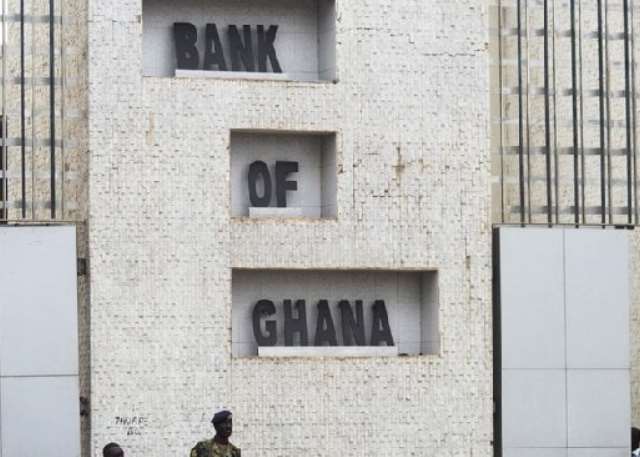In a dramatic policy shift, the Bank of Ghana (BoG) has rescinded its decision to terminate the appointments of nearly 100 newly recruited staff members. This reversal comes just days after letters of termination were issued, raising eyebrows across the nation and within the corridors of the Central Bank itself.
The initial dismissals, issued on June 19, 2025, were slated to take effect on June 23. The affected individuals—97 in total—were part of a December 2024 recruitment batch and had reportedly failed their probationary assessments. But as of this week, they’ve been told to disregard those termination notices and prepare to resume work next week.
Behind the original termination
The Bank had initially maintained that the terminations followed standard post-probation evaluations. According to the BoG, the assessments were led by the Human Resource and Capacity Development Department and were based on clear performance metrics, cultural fit, and strategic alignment.
In the original communication, the bank assured that the decision was free from external interference and purely driven by institutional goals. Each affected staff member was offered a month’s salary in lieu of notice and asked to return official items, a move that seemed final—until it wasn’t.
What prompted the u-turn?
While the BoG has not officially explained the sudden policy reversal, internal sources indicate that the decision was taken at a board meeting earlier this week. The reversal follows mounting pressure from within the bank, political quarters, and the general public.
Multiple insiders suggest that reputational risk, potential legal challenges, and the optics of the mass dismissal—coming so soon after a hotly contested general election—may have influenced the board’s change of heart. There’s speculation that the decision to recruit in late 2024 and the decision to terminate less than six months later painted a picture of instability and possible political interference.
Parliament’s minority steps in
On June 24, the Minority in Parliament publicly condemned the dismissals, calling them “unconstitutional, unlawful, and morally unacceptable.” At a press briefing, opposition leaders demanded the immediate reinstatement of the dismissed workers, intensifying public scrutiny and political pressure on the Central Bank.
The Minority’s intervention appears to have added weight to calls for the BoG to not only reverse the layoffs but also account for how the situation was handled in the first place.
Financial strain or strategic realignment?
Some observers believe the original terminations were less about performance and more about cost-cutting. The Bank of Ghana’s personnel expenses ballooned from GH¢2.3 billion in 2023 to GH¢2.9 billion in 2024. For an institution under increasing scrutiny over its balance sheet and policy decisions, trimming staff could have seemed a prudent move.
Yet, without a clear explanation, the reversal risks creating more confusion than clarity. Were the performance reviews flawed? Was there political meddling? Or was the BoG simply caught between fiscal discipline and institutional integrity?
Transparency under question
Governance experts and labour advocates are now urging the Central Bank to adopt more transparent and consistent employment practices. The BoG, as the regulator of the nation’s financial system, is expected to set the standard for institutional accountability—not only in monetary policy but also in human resource management.
As of now, it’s unclear whether the reinstated staff will be re-evaluated or allowed to continue without further scrutiny. This ambiguity, analysts warn, could erode trust in the institution’s leadership and processes.
What lies ahead?
For the 97 staff members affected, the coming days will offer some relief—but also uncertainty. Their reinstatement, though welcome, leaves lingering questions about job security, fairness, and the true motivations behind the original decision.
Until the BoG breaks its silence with a comprehensive explanation, the episode remains a cautionary tale on the need for clarity, consistency, and communication in public sector management.
Source: africaneditors


